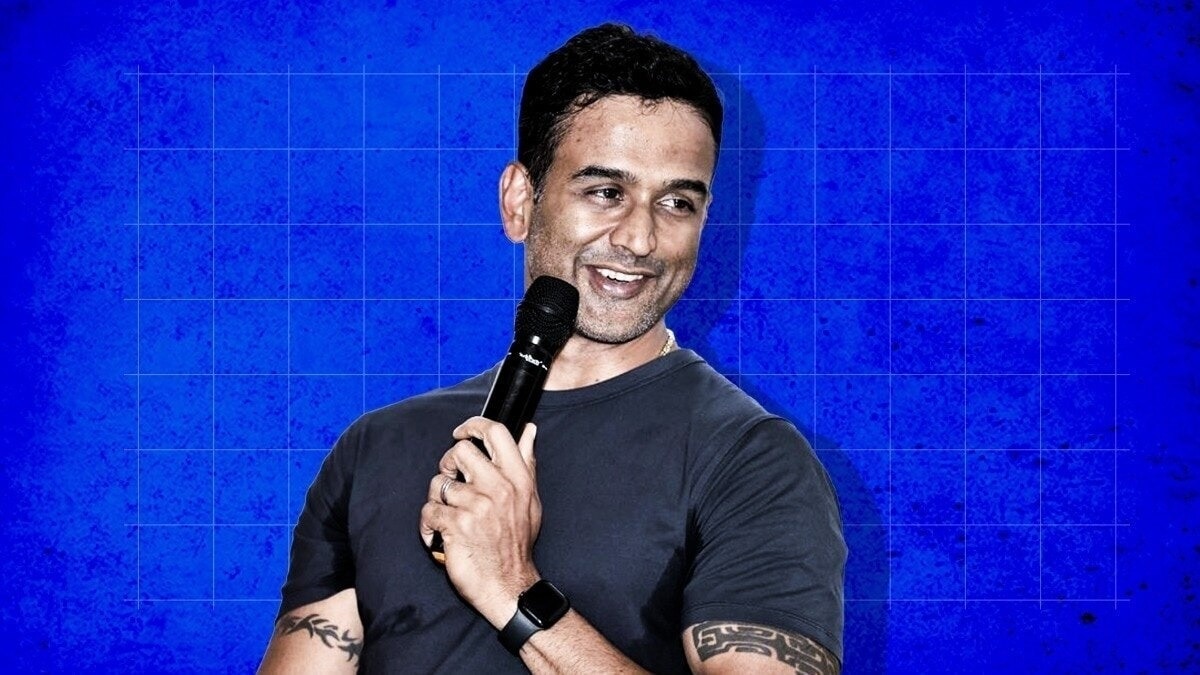Zerodha founder and CEO Nitin Kamath has warned that India’s borrowing habits are reaching dangerous territory.
Small-ticket personal loans and credit card lending are on the rise, often driven by aggressive marketing from fintech apps. Kamath pointed out a disturbing trend: “Defaults in this segment that cannot afford loans are increasing. These delinquencies started appearing in the number of banks and NBFCs a few quarters ago. We will know the true extent of the problem in the next few quarters. “
Kamath shared CRIF data that shows how personal loans in India now total Rs 13.7 lakh crore. Public sector banks have 38% of this burden, followed by private banks with 33% and NBFCs with 24%.
However, it is the sharp rise in small-ticket loans — many below ₹10,000 — that raises serious concerns. NBFCs dominate this segment, issuing 94% of such loans, and their share of new lending rose to 38.7% in the first half of FY25, up from 33.2% last year.
“The lowest-hanging fruit and most bang-for-your-buck thing you can do with your personal finances is to pay off all your high-interest debt, including credit cards,” advises Kamath.
He also highlighted the psychological toll of debt: “If you’re in debt, the psychological effects will show up everywhere… from your personal life to your workplace.”
Small-ticket loans are particularly problematic. Among borrowers with loans ranging from ₹10,000 to ₹50,000, about 29.3% experienced a decline in credit score within six months of borrowing. Alarmingly, instead of slowing down, these individuals borrowed 62.7% more, increasing their total debt by 37.6%.
Defaults are rising faster in smaller cities, where the percentage of loans outstanding in the 31-to-180-day range in a year has risen from 6.8% to 8%. Defaults on loans below ₹10,000 rose to 39.7% within 360 days, compared to 24.5% last year.
Kamath reflected on his personal experience: “The worst time in my life was when I gave money to spend on things I didn’t really need. The first lesson in personal finance was just borrowing. To be taken when you are sure that it can earn more return than the cost of money.
These trends are occurring against a backdrop of a broader credit market expansion. The unsecured business loan segment, for example, has grown by 43.5% over the past year, reaching Rs 7.8 lakh crore. But crime in this category is also on the rise, especially in small towns where economic growth has not kept pace with credit expansion.
Kamath’s advice is clear: “Making sure you get out of debt is the first thing you’ll do, even before you save and invest.”










